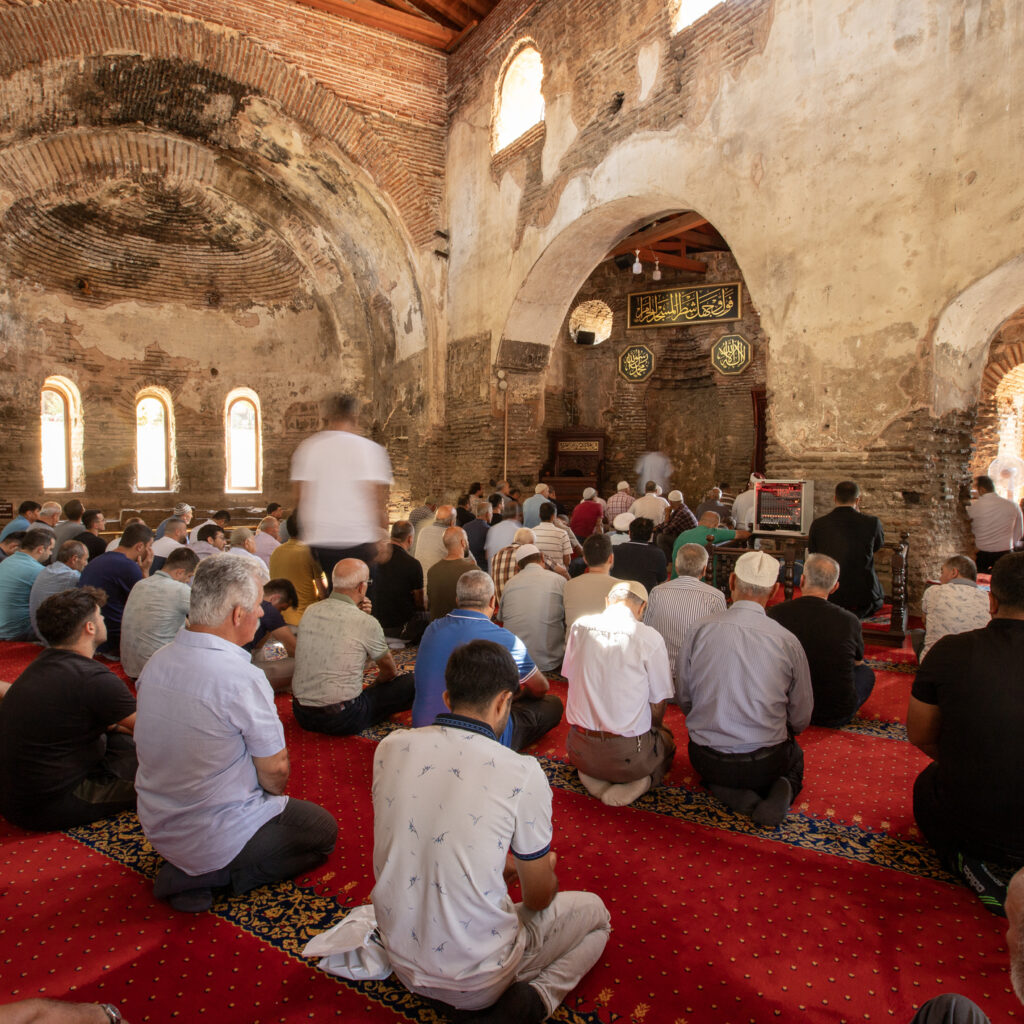Islam and Christianity share more in common than many realise. In a world where religious differences are often emphasised, it’s vital to pause and ask: do these divisions reflect the values we claim to uphold? Understanding our Muslim neighbours and engaging in interfaith dialogue are essential for a thriving multicultural society.
Both faiths are Abrahamic faiths that originated in the Middle East and centre on the belief in one God. Christianity teaches that Jesus, the Son of God, was born in Bethlehem over 2000 years ago, while Islam, founded in Makkah 1400 years ago, regards Jesus—known as Isa—as one of its most revered prophets. The word “Islam” itself means “to achieve peace through submission to God,” a goal deeply shared by both traditions.
The Quran and the Bible both emphasise the importance of family, faith, and moral integrity. Both religions teach that devotion to God leads to an afterlife of peace and fulfilment.
It may surprise many that Jesus is one of the most frequently mentioned figures in the Quran, appearing in 90 verses. Many of the titles given to Jesus in Christianity also appear in Islamic scripture. As Rev. Sathi Clarke, in his lecture “Jesus Within Islam,” notes, “Every Muslim neighbour we have had any form of relationship with has deeply imbibed this notion that there is only honour, dignity, divine favour, and blessedness in this figure of Jesus.”
To build stronger interfaith connections, Rev. Clarke suggests three key steps:
- Education – Learning about each other’s religious texts and traditions.
- Respectful Listening – Engaging in open and sincere dialogue.
- Shared Activities – Collaborating on community projects to build trust and mutual respect.
Ramadan: A Time for Reflection and Connection
One powerful opportunity for interfaith understanding is the observance of the ongoing festival of Ramadan, the holiest month in Islam. Ramadan commemorates the first revelation of the Quran to Prophet Muhammad, during which Muslims fast from dawn to sunset, seeking spiritual purification and self-discipline. This practice closely mirrors Lent, a time when Christians fast and reflect in preparation for Easter. Both observances encourage prayer, charity, and self-examination.
Fasting is not just about abstaining from food; it is a call to:
- Spiritual Renewal – Strengthening one’s connection with God.
- Self-Discipline – Cultivating restraint and mindfulness.
- Compassion – Developing empathy for those in need.
- Charity – Supporting the less fortunate.
Both observances prepare believers for a greater celebration—Eid al-Fitr for Muslims and Easter for Christians, where the focus shifts from sacrifice to joy.
One of the most beautiful aspects of Ramadan is the Iftar meal, which brings the community together in gratitude. On 26th March, our Moderator is hosting the Synod’s 12th yearly Interfaith Iftar gathering at Rev Bill Crews Foundation, symbolising our commitment to understanding and solidarity.
As we journey through Lent, we can extend kindness to our Muslim neighbours by:
- Acknowledge Ramadan – A simple “Ramadan Mubarak” (Blessed Ramadan) or “Ramadan Kareem” (Generous Ramadan) shows respect.
- Educate Ourselves – Learning about Ramadan deepens our appreciation of its significance.
- Join an Iftar – If invited, attending an Iftar meal is a meaningful way to experience Muslim hospitality.
- Be Considerate – Recognising fasting colleagues and friends to promote inclusivity.
- Pray for Our Muslim Neighbours – As we pray during Lent, we can also pray for those observing Ramadan.
Ramadan and Lent are not merely traditions; they are sacred times of reflection, renewal, and service. While Islam and Christianity may have distinct theological perspectives— both faiths value devotion to God, compassion, and justice. By acknowledging both commonalities and differences with respect, we can build deeper interfaith connections.
As we prepare to celebrate Easter, let us also take a moment to honour the sacred journey of our Muslim neighbours. In doing so, we move toward a more inclusive and harmonious society—one where faith becomes a force for unity rather than division.













1 thought on “Finding Common Ground Through Interfaith Dialogue This Ramadan”
Thank you for a very positive reflection of the commonalities between Islam and Christianity. In a year when Ramadan and the Season of Lent coincide it is very valuable to explore the values shared by both faiths. At this time we each give focus to reflection, renewal and service to others, with common approaches to compassion for those in need. In Newcastle, where I live, we are privileged to work closely with the members of the local mosques and have found similar approaches to resolving the inequalities which exist in our local community, as well as advocating for peace with justice in our world of conflict. We all need to work together towards the peace for which both Muhammad and Jesus prayed.